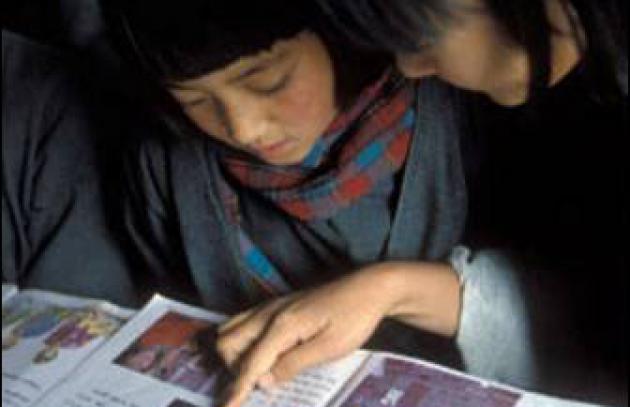01 January 2013
Results of two-week online discussions
tcoc.jpg

IIEP
Alt Text:
Looking at strategies for teacher codes of conduct
Title Text:
Looking at strategies for teacher codes of conduct
From 26 November to 7 December 2012, 400 educational development professionals from all over the world* participated in IIEP’s e-discussions on the issue of teacher codes of conduct.
The main objective of the two-week discussions was to take stock of existing experiences regarding the development of teacher codes of conduct in participants’ respective countries, and to reflect collectively on strategies to ensure successful application of standards of professional conduct covered by a code.
About 200 contributions were received, and many recommendations were made, such as:
- Assert the universal character of a code, and that it should apply to all categories of teachers (public/private; tenured teachers/volunteers, etc.).
- Distinguish “school rules” from a code, which is a “moral contract” of teachers in respect to their students.
- Focus the codes on the “interpersonal responsibility” of teachers, more than on their “professional responsibility”.
- Use codes to deal with gender discrimination issues and school violence.
- Involve players directly involved with classroom practice in the elaboration and monitoring of a code, and favor the control of the code by peers.
- In the assessment and promotion process of teachers, take into account how well the code has been respected.
Highlights for each week’s discussions can be downloaded on IIEP’s website devoted to the issue of teacher codes of conduct (in French only):
- Country experiences on code development
- Strategies to promote code effectiveness
This activity is part of IIEP’s broader project on teacher codes of conduct, which includes the conduct of an international survey, the development of guidelines, the creation of a website that provides examples of country codes, and the organization of a workshop in Seoul in 2011.
* 40 different countries were represented. Most participants came from francophone sub-Saharan Africa (Benin, Burundi, Chad, Ivory Coast, Niger, DRC, Senegal, Togo, etc.), North Africa (Algeria, Morocco, Tunisia) and France – but also from North (Canada) and South America (Argentine, Brazil, Mexico, Nicaragua), several island states (Haiti, Mauritius, Seychelles, Sao Tome and Principe, etc.) or Lebanon. Among them were planners, pedagogical inspectors, teachers and university professors, members of PTAs, etc. Representatives from UNESCO and UNICEF also attended.






